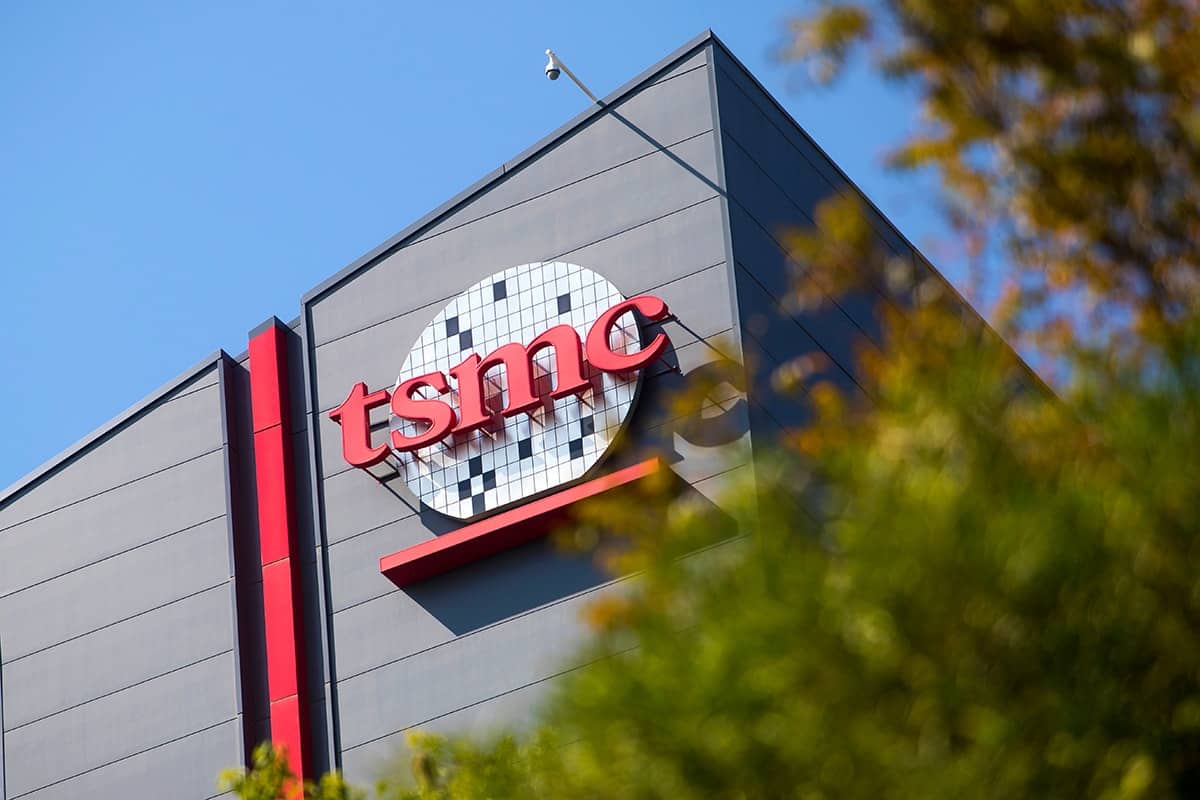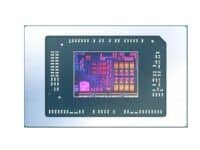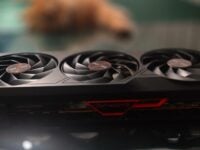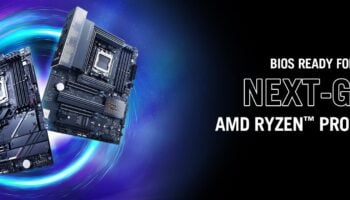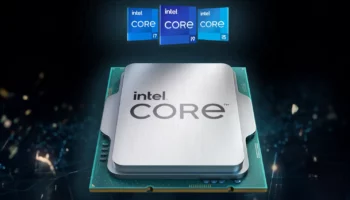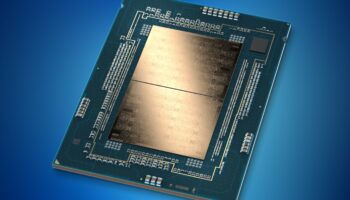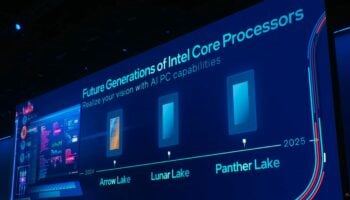The semiconductor shortages have affected the entire world, with industries from PC to automobile scrambling to get a share of the limited chip supply. One of the many things the world (especially the US) had to accept in the aftermath was the acute reliance on Chinese and Taiwanese foundries for nearly the entirety of the chip supply. Although much of the IP and design is still carried out in the US and EU, manufacturing and packaging are done in Asian countries.
This means that the East and West specialize in two very different kinds of chip development. According to analysts, most chipmakers like NVIDIA, AMD, Qualcomm, and IBM (even Intel at times) have their production set up at TSMC and Samsung foundries. The reason being that running chip foundries and manufacturing are expensive undertakings. Setting up an advanced fab that can compete with TSMC will cost between $10-20 billion, even more so in the US or the EU.
This is further exacerbated by the fact that most workforce employed in Silicon Valley focus on the software side of things. According to analysts, very few posts in the Bay Area are actually held by “real silicon engineers”.
Silicon Valley put so much emphasis on software over the past few decades that hardware engineering was seen as a bit of an anachronism. It became ‘uncool’ to do hardware. Despite its name, Silicon Valley now employs relatively few real silicon engineers. Many already felt limited in their innovation pace being locked into chipmaker timelines.
Glenn O’Donnell, research director at analyst firm Forrester [Source]
The result of this is that every chipmaker directly or indirectly relies on TSMC or Samsung in more ways than one. Aside from getting their chips fabbed in Taiwan, NVIDIA and AMD also have to execute their roadmaps as per the available fabrication and packaging technologies available and the amount of capacity of each one. Lack of competition means that foundry prices are only going to go up in the future, all the while limiting the industry to a handful of options.
